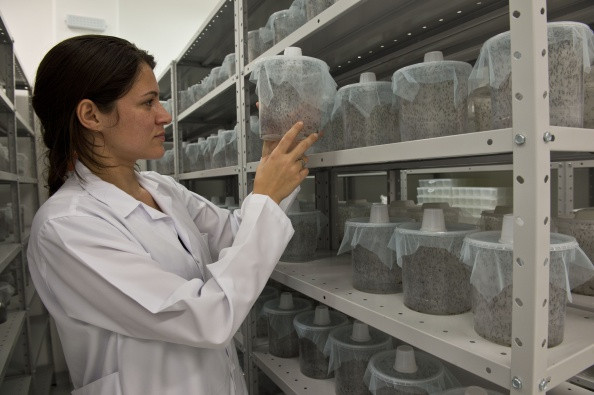Dengue treatment inches closer with another antibody identified

The structure of another human antibody against the dengue virus has been determined, spurring the development of vaccines against the mosquito-borne disease that infects almost 400 million people a year.
The dengue virus has four serotypes: DENV 1-4. Antibodies to two of the serotypes have been identified in recent studies.
The latest research at Vanderbilt University and the National University of Singapore determined the structure of the human monoclonal antibody which neutralises the type 2 dengue virus (DENV2).
The four serotypes of dengue are distinguished by different antigens: proteins found on the surface of the virus and against which the body mounts an immune response.
However, antibodies generated against one serotype do not protect against the others, but can enhance infection by a second serotype.
Sequential infections increase the risk for potentially fatal dengue haemorrhagic fever and dengue shock syndrome, which is characterised by fever, vomiting, internal bleeding and potentially fatal circulatory collapse.
Researchers used cryo-electron microscopy to freeze samples at very low temperatures so they could visualise antibody-antigen binding down to the atomic level.
The human monoclonal antibody against dengue virus type 2 (DENV2) was seen to "lock" across an array of envelope proteins and prevent the virus from fusing into the target cell. The study used mouse models.
The antibody also blocked the binding of the other class of antibodies that otherwise would enhance infection.
A study led by Duke-NUS showed the antibody 5J7 was highly effective in killing the serotype 3 virus (DENV-3). The lab has already found an antibody against DENV-1.
Researchers believe it is important to identify antibodies to all serotypes before using them in treatments.
At the Duke lab, experts expect to develop a safe combination of four antibodies that each bind and potently inhibit infection of each of the dengue virus serotypes.
Over the last 50 years, the incidence of dengue virus has increased by 30 times worldwide. From a largely tropical disease restricted to nine countries, it has spread to over 100 nations.
Most patients survive dengue, but it kills an estimated 20,000 people each year.
A person is being sent to hospital every minute with dengue. In India alone, the virus has been infecting as many as 30 million people annually. Official figures are highly underestimated, found a study with almost 300 times as many people admitted to hospitals as officially claimed
There is no licensed vaccine or drugs to fight the dengue virus at present.
A vaccine CYD-TDV from Sanofi Pasteur has cleared the first safety hurdle in clinical trials done in India where it showed over 95% efficacy against dengue haemorrhagic fever and an 80.3% reduction in the risk of hospitalisation. It took 20 years of research and the largest investment by the company.
© Copyright IBTimes 2025. All rights reserved.





















